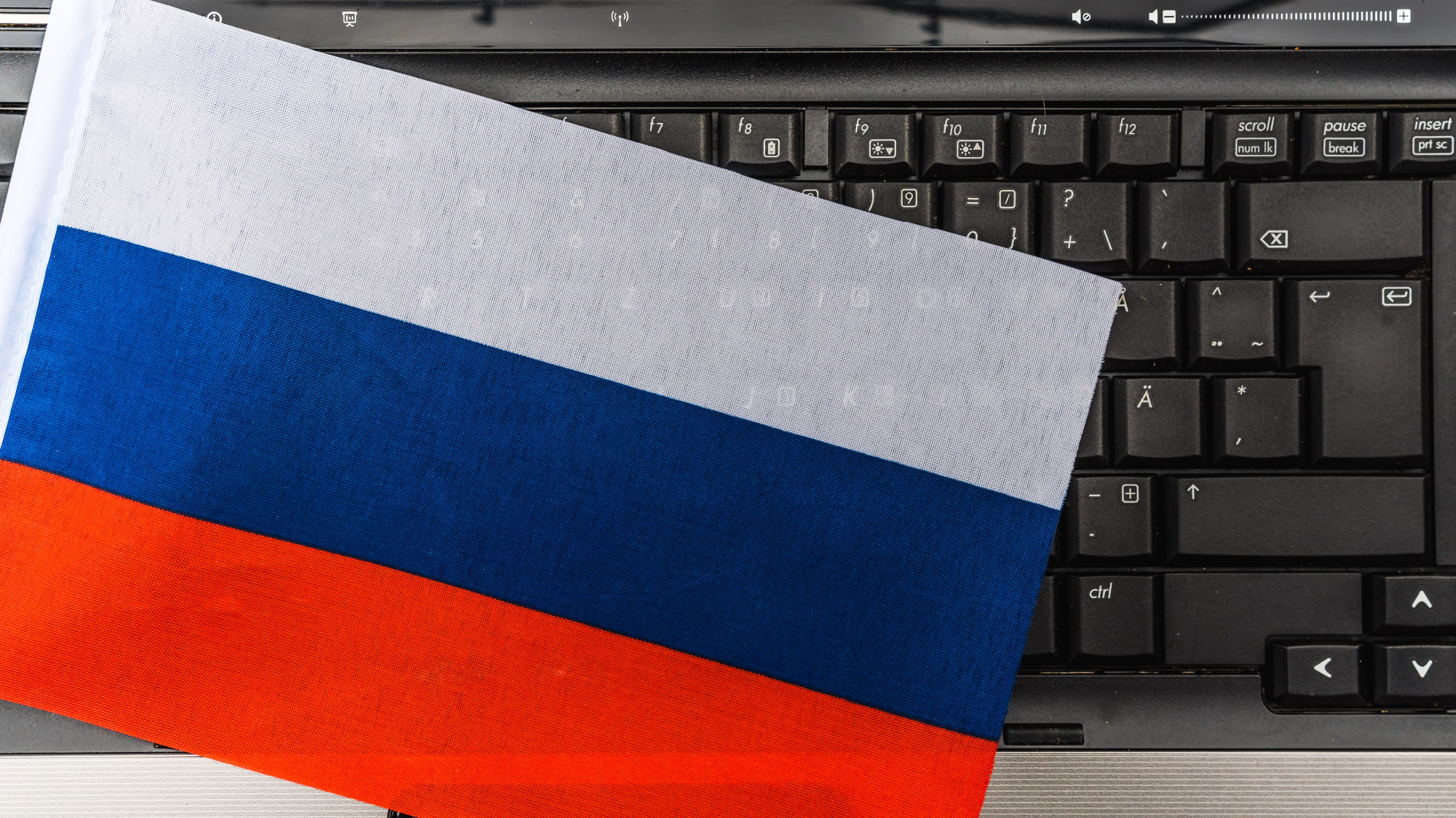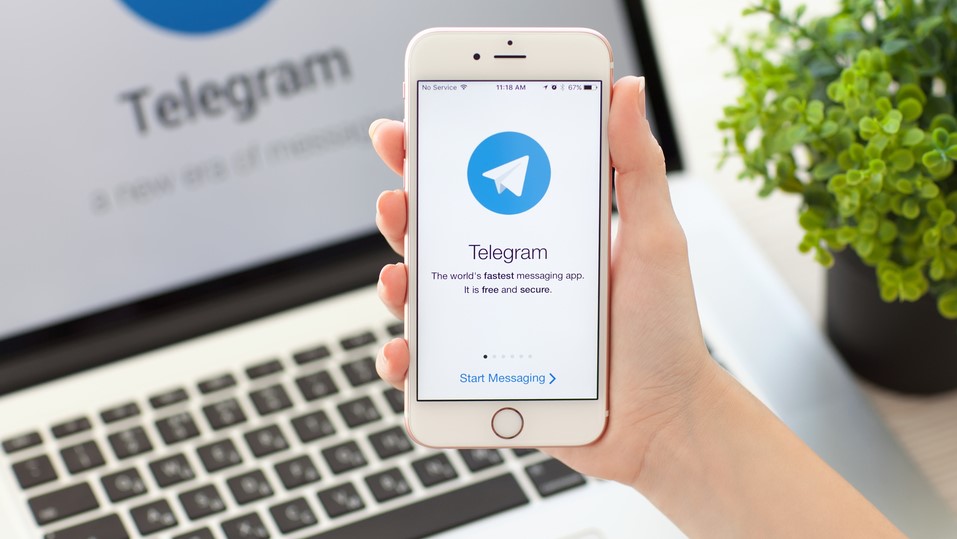Which websites and services are banned in Russia?
Russia has some of the tightest internet controls in the world

Russia has some of the tightest controls in the world in terms of what its citizens can access on the internet.
Restrictions began in 2012, with the introduction of a blacklist, and increased further in 2014 during the crisis in Ukraine when the aim was to silence voices critical of government policy.
Today, a large number of websites and online services are banned in Russia by Roskomnadzor, the federal censorship body. It's no wonder that VPNs have become such a popular piece of software for residents and visitors to download.
- See also: discover which websites are banned in China too

Telegram
A cloud-based instant messaging app whose messages are heavily encrypted and can self-destruct, Telegram was banned in Russia from 2018 until June 2020 because the company failed to give the government access to its encrypted messages. The ban was finally lifted because the company agreed to help with extremism investigations.
Some have theorized that the decision to ban Telegram initially was not simply about the failure to reveal message content but may have been an attempt to drive users toward rival app ICQ, owned by a businessman with ties to Russian President, Vladimir Putin.
BlackBerry
Another company that fell foul of Russian authorities for having a tough security policy is Blackberry. Its websites were banned in 2017 because the company wouldn’t turn over customer data to Roskomnadzor. The block was bad news for owners of Blackberry devices because they could no longer access their online accounts.
Another part of legislation aimed at clamping down on prohibited content is the requirement that companies that store data about Russian citizens must store it on servers located within Russia’s borders.
Are you a pro? Subscribe to our newsletter
Sign up to the TechRadar Pro newsletter to get all the top news, opinion, features and guidance your business needs to succeed!
LinkedIn failed to comply (although they have done so in response to similar rules in China), and as a consequence, it has been banned in Russia since 2016.

ProtonMail
Email service ProtonMail has a reputation for being the most secure email service provider, with end-to-end encryption of all emails. Not being able to access the content of emails sent via the platform has become a problem for Russian authorities, who claim that the service has been used to send anonymous fake bomb threats that have led to numerous mass evacuations of Russian public buildings.
How can a VPN help?
Although not all VPNs are banned, a 2018 law introduced fines for search engines that brought up results to proxy sites (including VPNs) that would give Russians access to prohibited content or instructions on how to get access to that content.
The following year, VPNs and search engines were compelled to block any websites that appeared on the federal government blacklist. Later, 10 VPN providers were ordered to hand over access to their servers or face being banned. Only one, Kaspersky Lab, which is based in Russia, agreed, while others - like ExpressVPN and NordVPN - shut down their Russian servers.
Which websites and services are banned in Russia?
Russia has a tightly controlled media, as Putin’s government aims to shut down dissenting voices. Services affected include VPNs, chat apps, and numerous websites, particularly those that promote views contrary to established government policy or whose parent companies refuse to make the data on their services available to authorities.
Read more:
- Try before you buy thanks to a VPN with free trial
- Best China VPN: the working services to get around the Great Firewall
- Increase your online security with today's best antivirus software
John is a freelance writer and web developer who has been working digitally for 30 years. His experience is in journalism, print design and web development, and he has worked in Australia and the UK. His work has been published in Future publications including TechRadar, Tom's Guide, and ITProPortal.
